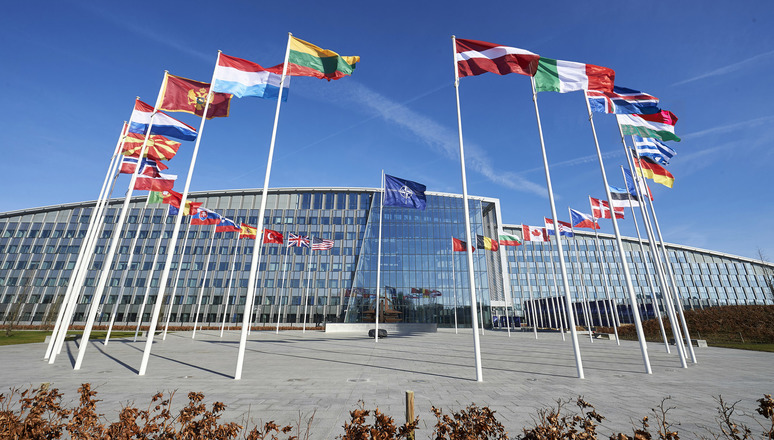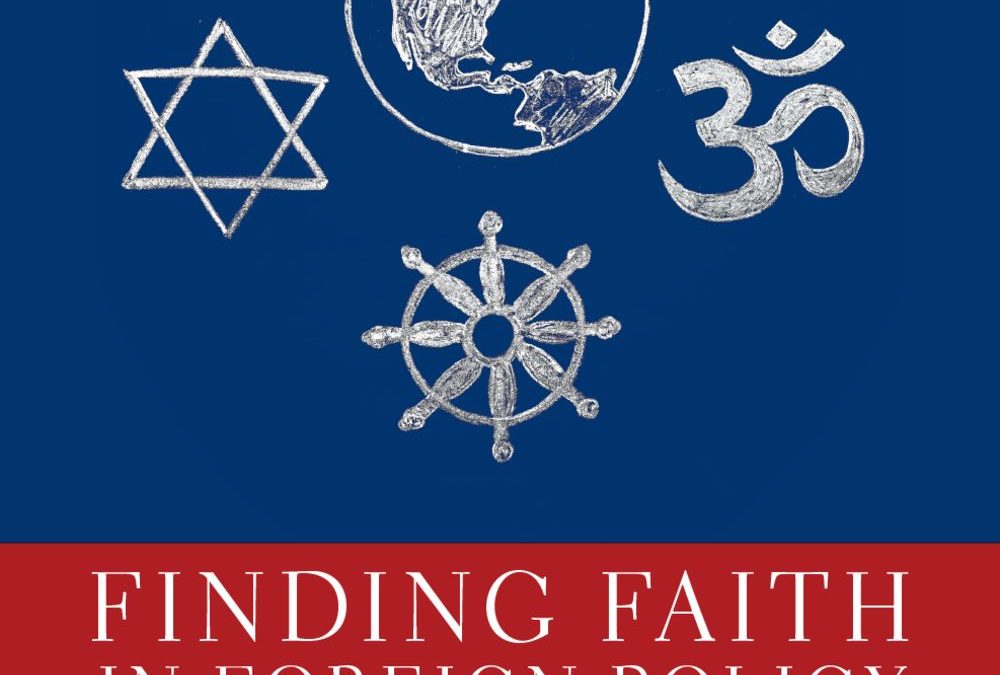With the news avalanche that is Trump, it’s hard to keep track of all the outrageous things he says and does. With his recent very vocal attempts at land grabs (that we are not entirely sure will stay rhetorical) that are already being normalized in both right-wing...



